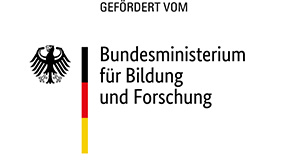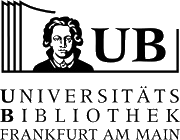„Inclusion or Inklusion?” – Zur Intensivierung von Lernprozessen durch die Internationalisierung von Lehr- und Fortbildungsformaten im Kontext der Lehrer:innenbildung
„Inclusion or Inklusion?“ – On the intensification of learning processes through internationalization in the realm of teacher training and vocational training
DOI:
https://doi.org/10.21248/qfi.152Schlagworte/Keywords
Inklusion, Lehrer:innenbildung, Internationalisierung, Fortbildung, Professionalisierung, Inclusion, teacher education, internationalization, training, professionalizationZusammenfassung
Dieser Aufsatz skizziert, diskutiert und reflektiert zwei Lehr- bzw. Fortbildungskonzepte. Diese Konzepte adressieren das Problem der übermäßigen Responsibilisierung von Lehrpersonen im Spannungsfeld Inklusion. Der Ansatz, den die beide Projekte verfolgen, erscheint auf den ersten Blick kontraintuitiv, denn die Projekte diversifizieren die verfügbaren Perspektiven auf Inklusion durch eine bewusste, international ausgerichtete, Perspektiverweiterung. Dadurch – so die implizite Hoffnung – werden Denk-, Reflexions- und Handlungskorridore für angehende wie auch bereits praktizierende Lehrer:innen geschaffen, um mit den Anforderungen und Herausforderungen, die Inklusion als Agenda mit sich bringt, umzugehen.
Abstract
The following paper presents and discusses two projects. Each of the projects addresses the problem of overly excessive demands posed on teachers and stemming from the normative agenda of inclusion. The approach of the two projects is counter-intuitive as they equip teachers with more perspectives and theories through workshops – internationalization playing a key role in the diversification of perspectives. The underlying hope of this approach is that through internationalization teachers gain more potential levels to speak about, think, and reflect their local circumstances and thereby have a more elaborate approach towards inclusion.
Downloads
Veröffentlicht
Ausgabe
Rubrik
Lizenz
Copyright (c) 2024 Michaela Vogt, Till Neuhaus, Marlene Pieper, Christoph Bierschwale, Mark Schäffer-Trencsényi

Dieses Werk steht unter der Lizenz Creative Commons Namensnennung - Keine Bearbeitungen 4.0 International.



